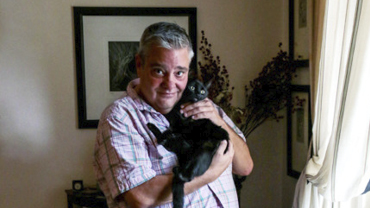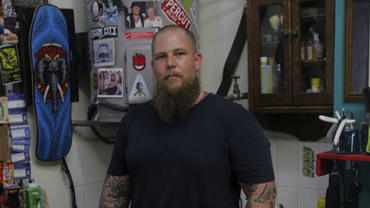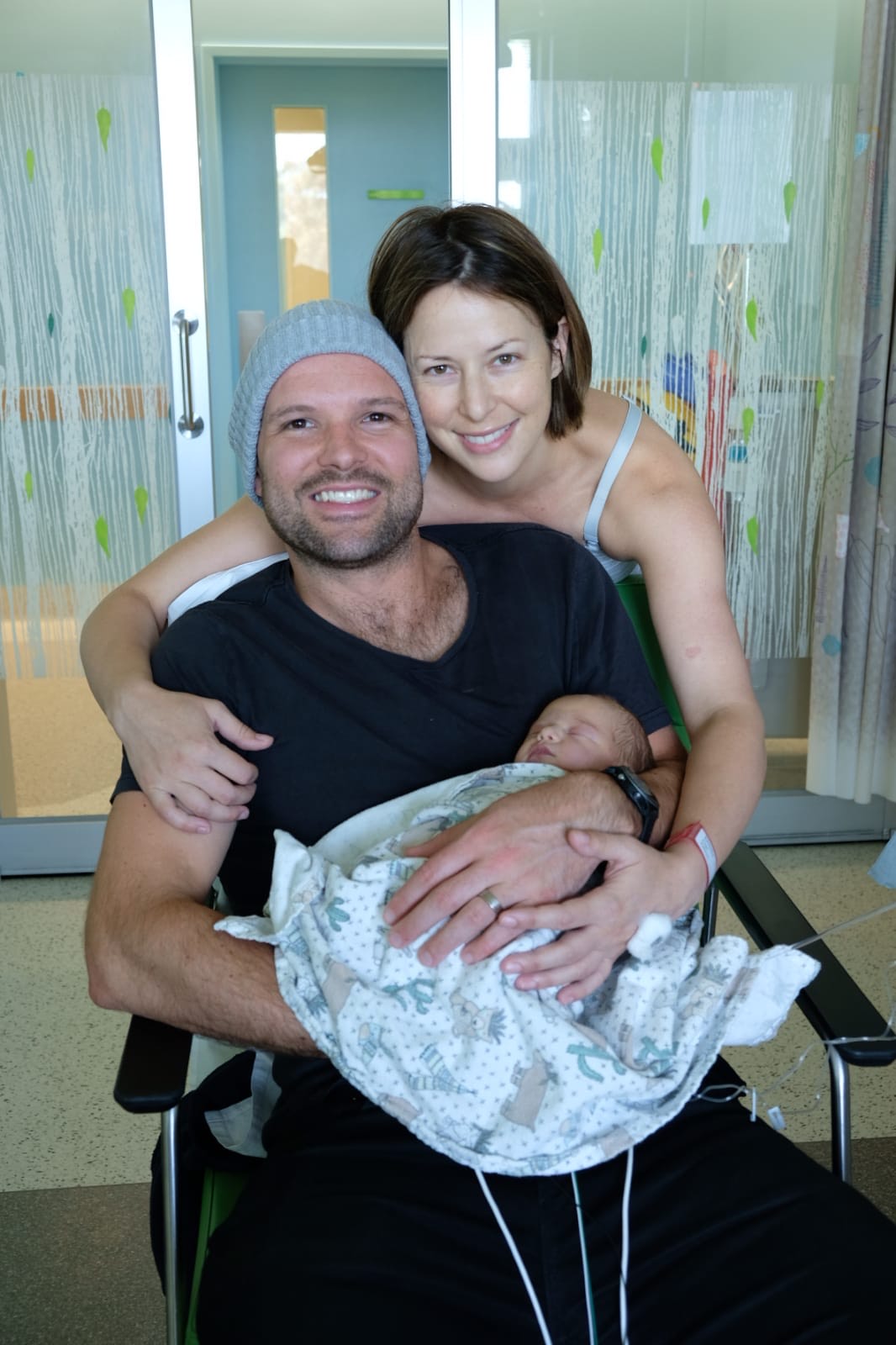It’s an image that’s reinforced in society as well – this concept that we have to be strong and be silent when things get tough.
I saw this stereotype really come into play when I went through anxiety issues of my own. I kept everything to myself, I didn’t talk to anyone about what I was going through. I felt like I needed to “man up” and fix the situation on my own.
For months, I suffered quietly and didn’t tell anyone what I was experiencing because I thought it would make me stronger, when in fact, it was doing the opposite. This wasn’t something that I could get through alone.
What I learned from my anxiety disorder is that asking for help is not a sign of weakness, but a sign of strength. To be able to ask for help, to be able to talk about what you are going through and admit you cannot do it alone, it’s one of the strongest things you can do. Anyone can experience mental health problems but not everyone asks for help.
It’s something I try to encourage men to do on a daily basis. This is what the Movember Foundation does as an organization. I find that men, especially men in the gay community, still live in suffering and without self acceptance. It’s so important for all men to talk about their experiences and share with others so that they don’t have to go through it alone. I do Movember to help my fellow men overcome.
Patrice Lavoie, Mo Bro since 2011
Visit Patrice's fundraising page









